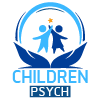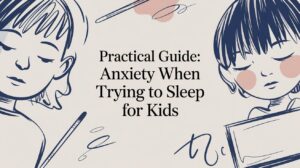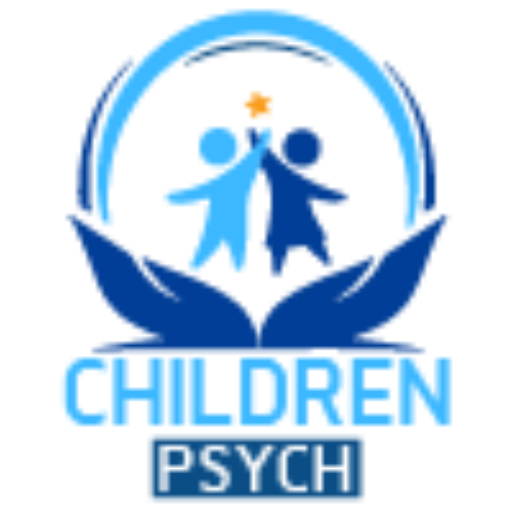What Actually Causes ADHD?
ADHD mostly results from factors involving a number of genes related to dopamine transmission. It is so heritable that about a quarter to a half of immediate family members (parents, children, siblings) also have ADHD. Relatives in older generations are extremely unlikely to have received an official diagnosis, but there are probably family stories that seem to fit.
In addition, anything that affects early brain development during pregnancy or in the first months or years of life can have some impact on how ADHD symptoms appear – things like smoking during pregnancy, lack of oxygen during birth, etc.
One possible cause of ADHD is a genetic predisposition. This means that if you or your partner has ADHD, your child is more likely to develop it as well. Other mental health conditions, such as anxiety or depression, may also increase the risk of developing ADHD.
Finally, other stresses can also impact the severity of ADHD symptoms, even though they don’t directly affect the ADHD itself. For example, other conditions like anxiety or depression, sleep problems, learning disabilities, family stress, inconsistent parenting, trauma, etc. can all impact someone’s functioning. Additional stresses will worsen performance, while protective factors may enable someone to perform better, at least within their limits – sleep deprivation may make someone more distracted, but a great night of sleep won’t cure ADHD.
Environmental factors may also play a role in the development of ADHD. Exposure to lead or other toxins during pregnancy or early childhood can increase the risk of developing ADHD. Poor nutrition and sleep deprivation can also contribute to the development of ADHD.
There are many myths about the causes of ADHD. Some people believe that ADHD is caused by too much sugar, food additives, or exposure to electromagnetic fields. However, there is no scientific evidence to support these claims. ADHD is a complex condition with no single cause. However, research suggests that it is likely caused by a combination of genetic and environmental factors. If you’re concerned about your child’s ADHD, talk to your doctor or mental health professional. They can help you understand the causes of ADHD and find the best treatment for your child.
What is ADHD
ADHD is a mental disorder that can cause children to have difficulty paying attention, controlling impulsive behaviors, and/or being overly active. ADHD symptoms typically appear early in life, often before the age of seven. While ADHD can occur in both boys and girls, it is four times more common among boys.
Do you have ADHD? Do you think it was caused by something in your environment or is it simply a part of who you are? Share your thoughts in the comments!
ADHD affects millions of children and adults worldwide. It’s a complex condition that can be difficult to understand. If you’re concerned about your child’s ADHD, talk to your doctor or mental health professional. They can help you understand the causes of ADHD and find the best treatment for your child.
There is no single cause of ADHD. However, research suggests that it is likely caused by a combination of genetic and environmental factors. If you’re concerned about your child’s ADHD, talk to your doctor or mental health professional. They can help you understand the causes of ADHD and find the best treatment for your child.
Call Children Psych to check our services that help in mental health for children at 888-977-7096. Our services include neurofeedback, counseling, and psychiatric services. Call us today!
Children Psych is here to help you and your family with any mental health needs you may have. We believe that mental health is just as important as physical health, and we are here to help you in any way we can. We look forward to meeting you!




